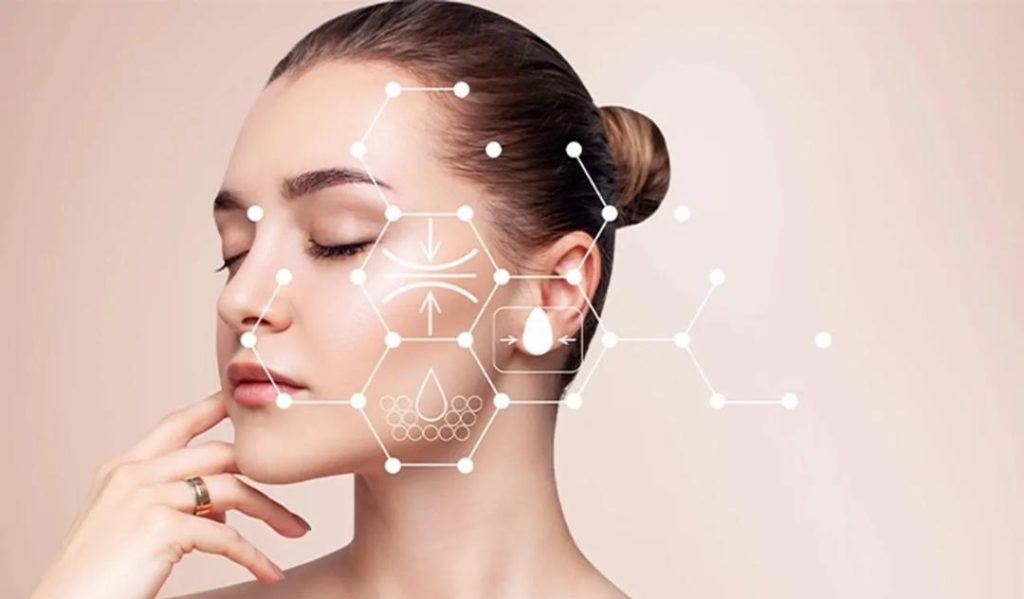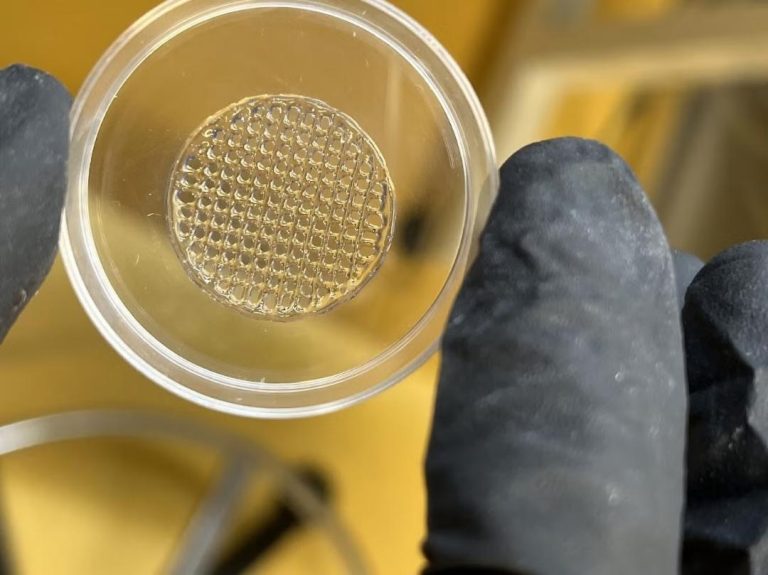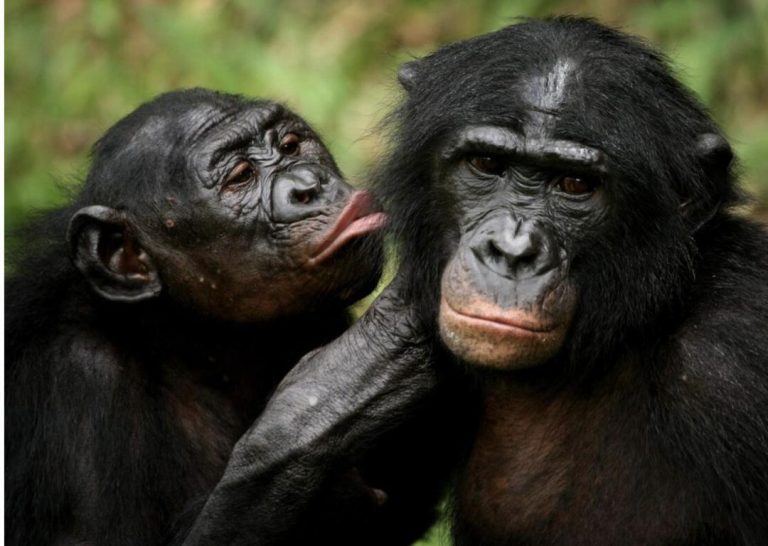
How AI & Innovation are Redefining the Beauty and Wellness Landscape
The skincare industry has undergone a remarkable transformation in recent years, transitioning from traditional, one-size-fits-all approaches to a landscape characterized by personalized solutions, inclusivity, and cutting-edge innovation. As we look ahead to 2025, skincare trends reflect a deeper understanding of diverse skin needs, a commitment to wellness, and a harmonious balance between science and nature.
One of the most significant drivers of this evolution is the increasing adoption of Artificial Intelligence (AI) and Machine Learning (ML) technologies in the beauty and wellness sector. AI-powered skincare platforms are leveraging data analytics and machine learning algorithms to provide personalized product recommendations, tailored skincare routines, and even virtual consultations with dermatologists.
For instance, AI-powered skincare apps like Neutrogena’s Skin360 and Olay’s Skin Advisor use facial recognition technology and machine learning algorithms to analyze users’ skin types, concerns, and goals, offering customized product recommendations and routines. This level of personalization has revolutionized the way individuals approach skincare, enabling them to take a more proactive and informed approach to their skin health.
Another trend that is redefining the beauty and wellness landscape is the growing emphasis on inclusivity. The skincare industry has historically catered to a predominantly Caucasian audience, with products often formulated to address specific skin concerns related to fair skin. However, the increasing diversity of the global population has led to a demand for products that cater to a broader range of skin tones and types.
To address this need, skincare brands are now incorporating a wider range of ingredients and formulations to cater to diverse skin types, including dark skin, sensitive skin, and skin with specific conditions such as acne, rosacea, or hyperpigmentation. Brands like Fenty Skin, Olay, and Neutrogena have launched product lines specifically designed for darker skin tones, featuring ingredients like vitamin C, niacinamide, and hyaluronic acid that are more effective for darker skin.
The wellness aspect of skincare is also gaining prominence, with consumers increasingly seeking out products that promote overall health and well-being, rather than just addressing specific skin concerns. This shift is driven by the growing recognition of the skin-body connection, which highlights the intricate links between skin health and overall physical and mental well-being.
As a result, skincare brands are now incorporating wellness-focused ingredients and formulations into their products, such as adaptogens, probiotics, and omega-3 fatty acids, which can help to reduce stress, improve sleep, and boost overall mood. Brands like Dr. Jart+ and Sunday Riley have launched product lines that combine skincare with wellness-focused ingredients, offering consumers a more holistic approach to skin health.
Another trend that is redefining the beauty and wellness landscape is the increasing popularity of natural and organic ingredients. Consumers are becoming increasingly aware of the negative impact of harsh chemicals and synthetic ingredients on their skin and the environment, leading to a growing demand for products that are free from artificial fragrances, dyes, and preservatives.
To meet this demand, skincare brands are now incorporating natural and organic ingredients into their products, such as essential oils, plant extracts, and natural antioxidants. Brands like Dr. Hauschka and The Ordinary have launched product lines that feature natural and organic ingredients, offering consumers a more sustainable and eco-friendly alternative to traditional skincare products.
Finally, the skincare industry is also witnessing a trend towards sustainability and eco-friendliness. Consumers are becoming increasingly aware of the environmental impact of their beauty routines, from the packaging of products to the sourcing of ingredients. As a result, skincare brands are now prioritizing sustainability and eco-friendliness, using recyclable packaging, reducing waste, and sourcing ingredients from environmentally responsible suppliers.
To take their sustainability efforts to the next level, brands are also launching product lines and initiatives that specifically focus on reducing their environmental footprint. For instance, brands like Lush and The Body Shop have launched product lines that are completely free from plastic packaging, while others like Glossier and Drunk Elephant have launched initiatives to reduce their carbon footprint and promote recycling.
In conclusion, the skincare industry is undergoing a profound transformation, driven by the increasing adoption of AI and ML technologies, the growing emphasis on inclusivity, the importance of wellness, the popularity of natural and organic ingredients, and the trend towards sustainability and eco-friendliness. As we look ahead to 2025, it is clear that the skincare industry will continue to evolve, driven by a deeper understanding of diverse skin needs, a commitment to wellness, and a harmonious balance between science and nature.
Source:
https://www.shethepeople.tv/author-spotlight/guest-contributions/skincare-trends-for-2025-8728129






